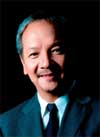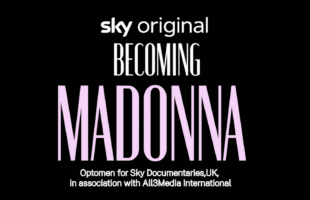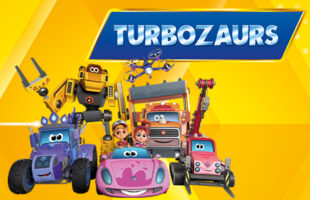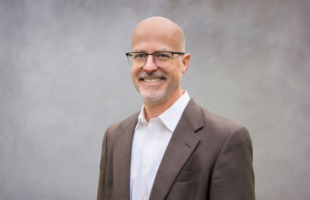






by TVA Editor







 Sky Documentaries reveals the official trailer for original feature documentary, Becoming Madonna
Sky Documentaries reveals the official trailer for original feature documentary, Becoming Madonna Fremantle, Abot Hameiri, IZZY, and YES partner to take Kugel global
Fremantle, Abot Hameiri, IZZY, and YES partner to take Kugel global Turbozaurs expands to Brunei and Myanmar
Turbozaurs expands to Brunei and Myanmar BBC World Service and CBC unveil new true crime podcast The Con: Kaitlyn’s Baby
BBC World Service and CBC unveil new true crime podcast The Con: Kaitlyn’s Baby TVU Networks Welcomes Mike Cronk as Vice President of Strategy
TVU Networks Welcomes Mike Cronk as Vice President of Strategy OneGate Media launches Spanish Crime AVOD YouTube Channel, Crime Para Mí
OneGate Media launches Spanish Crime AVOD YouTube Channel, Crime Para MíSignup here to get the latest news and updates.

Subscribe now to receive the latest news, updates, and exclusive insights. Don’t miss out!
By submitting this form, you consent to receive marketing emails from Television Asia Plus. You can revoke your consent to receive emails at any time by using the SafeUnsubscribe® link, found at the bottom of every email.
Disclaimer: Translations on this website are automated using Google Translate. While we strive for accuracy, please be cautious, as machine translations may contain errors. For critical or sensitive content, consider seeking professional human translation. We are not liable for any reliance on the translated content.
